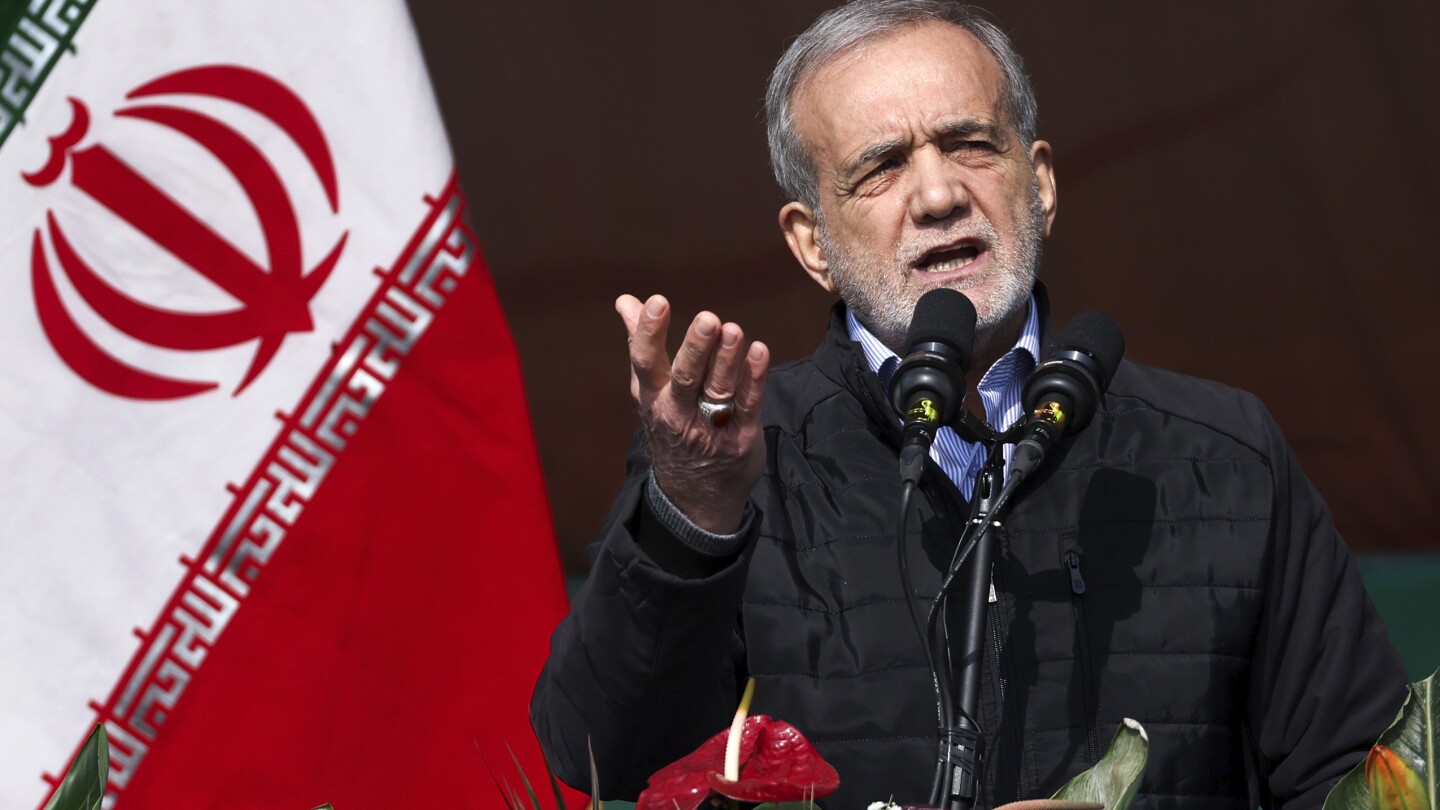Trump's Letter: Iran Snubs Direct US Negotiations – A Diplomatic Deadlock?
Tensions escalate as Iran rejects a direct negotiation offer from former President Trump, further complicating the already strained relationship between Tehran and Washington. The letter, the contents of which remain largely undisclosed, reportedly proposed a path towards de-escalation and a potential nuclear deal renegotiation. However, Iran's swift and unequivocal rejection underscores the deep chasm of mistrust that continues to plague diplomatic efforts. This development raises significant concerns about the future of the Iran nuclear deal and the overall stability of the Middle East.
The Letter's Mysterious Contents and Iran's Rebuff
While specifics regarding the content of former President Trump's letter remain largely confidential, sources suggest it contained a proposal for direct talks aimed at resolving the ongoing nuclear dispute. This would mark a significant departure from the previous indirect negotiations facilitated by other countries, primarily through European intermediaries. However, Iranian officials have flatly rejected the offer, citing a lack of trust in the US administration and highlighting past broken agreements.
The Iranian foreign ministry issued a statement emphasizing their commitment to the 2015 nuclear deal, officially known as the Joint Comprehensive Plan of Action (JCPOA), which the US withdrew from under the Trump administration. They argued that any future negotiations must involve all parties to the original agreement and adhere to established international norms. This rejection signifies a hardening of Iran's stance and a preference for multilateral negotiations, rather than a bilateral approach proposed by Trump.
Implications for Regional Stability and the JCPOA
This latest development casts a long shadow over the already fragile state of the Iran nuclear deal. The JCPOA, designed to prevent Iran from developing nuclear weapons in exchange for sanctions relief, has been teetering on the brink of collapse since the US withdrawal in 2018. Subsequent attempts to revive the deal have yielded little progress, with both sides blaming each other for the lack of cooperation.
Trump's direct approach, while potentially risky, aimed to bypass the complexities of multilateral diplomacy and cut to the core of the issue. However, Iran's rejection underscores the deep-seated mistrust between the two nations, highlighting the significant obstacles to a negotiated settlement. This could potentially lead to:
- Increased regional tensions: The failure to reach an agreement could further escalate tensions in the Middle East, potentially leading to military confrontations or proxy conflicts.
- Further sanctions and isolation: Iran could face even stricter sanctions and increased international isolation, hindering its economic development and stability.
- Accelerated nuclear program: Without a deal, Iran could potentially accelerate its nuclear program, raising concerns about its intentions and capabilities.
- Renewed diplomatic efforts through other channels: The rejection might push other global powers, including European nations and possibly even China and Russia, to redouble their efforts in facilitating indirect negotiations.
Looking Ahead: A Path to Resolution?
The rejection of Trump’s offer presents a significant challenge to future diplomatic efforts. Finding a way to bridge the deep mistrust between Iran and the US is crucial to preventing a further deterioration of the situation. Future negotiations will need to address not only the nuclear issue but also the broader context of regional security concerns and the economic sanctions imposed on Iran. The path forward remains unclear, but a renewed commitment to diplomacy and a willingness to compromise from both sides are essential to achieving a peaceful resolution.
Keywords: Trump, Iran, negotiations, nuclear deal, JCPOA, sanctions, regional stability, Middle East, diplomacy, international relations, US foreign policy, Iran nuclear program.
Call to Action: What are your thoughts on this diplomatic deadlock? Share your opinions in the comments section below.

